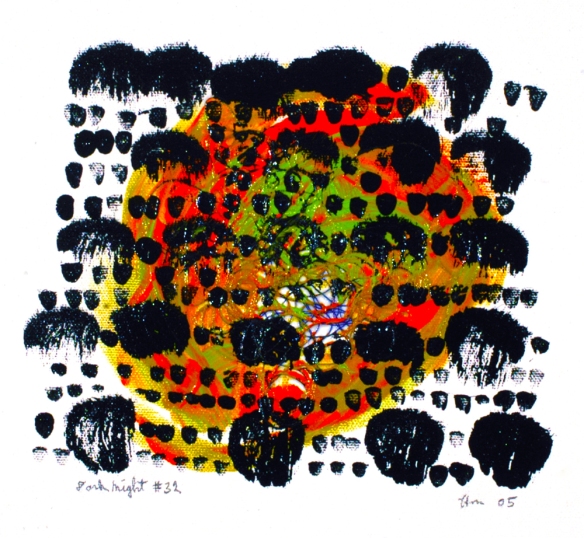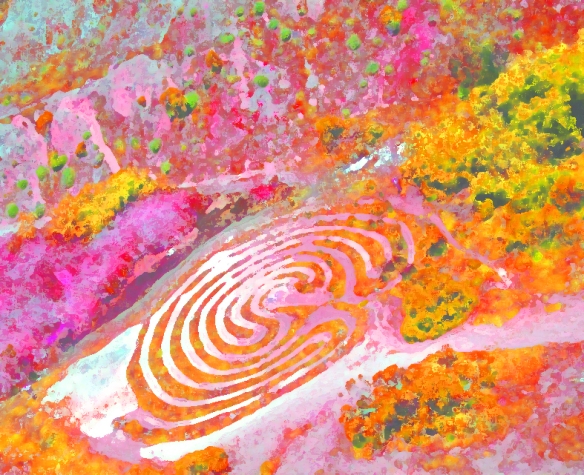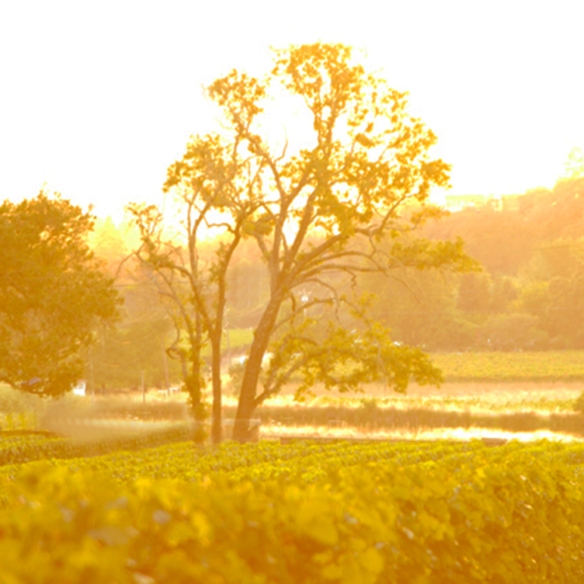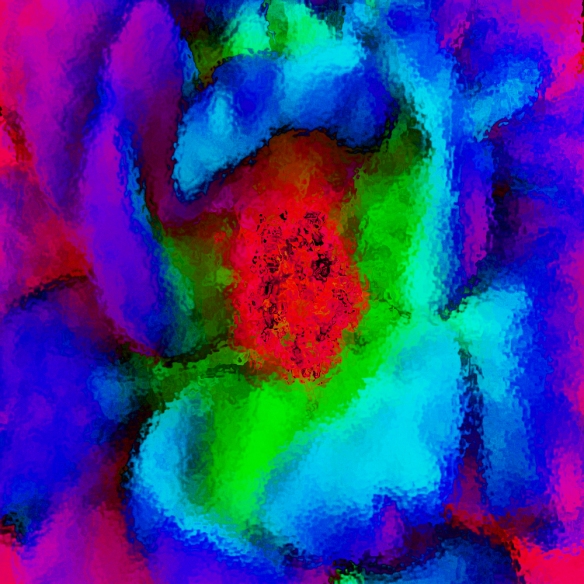
ADVENT 1 — DO NOT BE AFRAID
It is what the angel said, you know?
“Do not be afraid…”
I Wonder if this angel knows what it is to fear,
knows what it means to try to not be afraid
when the fear is sufficating you?
I wonder? Depending on your version,
in some form or another
the phrase, “Do not be aftaid,”
appears over 360 times in scripture.
That’s a lot of distress.
It is almost as if the future
of the whole world depended on the answer.
and so it does.
God keeps scaring us and
angels keep telling us
to not be scared.
From God’s perspective,
God needs us for God’s work
because we are the only ones who can do it.
On the human’s (our) side,
that work is always life-altering, scary, hard,
and, as finite beings, really beyond our
skill-set and pay grade.
Still God keeps asking, we keep being afraid.
and God keeps sending angels
to tell us not to have anxiety attacks,
and, still, we keep saying, “Yes.”
But without us saying, “Yes,” there would be
no BIG stories, no myths, no great sagas,
no heros, no successes-writ-large, and
by extension, no hope, no salvation,
no joy, and certainly no Jesus
The Advent stories, the Christmas stories:
these are our stories.
These stories are about who we are, not so much about God.
I like that, but it does put some weight on my answer
when I am the one called.
A “Yes” or a “No” does indeed mean
the future of the whole world.
# # #
ADVENT 2 — PRAYING WITH MARY
Praying with Mary is a strange concept for many
Free Church Protestants. We say things like,
it sounds really Catholic,
we pray on our own, we don’t pray like that,
and I wonder, Why not?
The answer probably lies
somewhere between
“I have no clue what you’re talking about,”
and
“Asking a dead person to pray with me
seems really yucky, so why should I?”
Well, we, as Christians,
do believe that we are not alone in the cosmos,
and that there is life after death,
and many of us have had experiences
of Presence in one way or another
that many times we pretend we haven’t had,
but nonetheless know full well ocurred.
My point here is that
there is something that makes us bigger
when we pray with others.
So praying with Mary as she
prays a prayer that engages the Power of God
within the human condition,
the God which has raised up
and delivered and made whole
the least of the least,
is a powerful and life-changing way to pray.
So I ask can we pray with Mary,
“My soul magnifies the Lord,
and my spirit rejoices in God my Savior”?
Can our souls do that? Can our spirits rejoice?
And then can we recognize
God’s power to change the conditions within the world?
This was Mary’s prayer of acceptance
to a world that would be forever changed by her Yes.
I think that it took an innordinate amount of courage for
her to pray that prayer. Can we find that courage
as well and pray with her, and how will our world be changed if we do?
# # #
ADVENT 3 — IMMIGRANTS AND SOJOURNERS
Long drives.
Destinations we know of,
but have never seen,
and to which we journey
with trepidation.
Feeling like strangers in places
where we should be welcomed
and embraced.
Stories of hope
morphing into dread.
Always leaving the known
for the unknown.
Pilgrims, caravans of the helpless,
praying for a welcoming that does
not happen but is turned
into hate and affliction.
Pregnant and turned away in a border town.
Pregnant and turned away in a Capital city.
Living lives at the whims of uncaring politicians
and hearts hardened to their plight.
Defying death by living in spite of threats,
aggression, Roman soldiers, border guards,
inhuman laws, shut doors, and hatred.
Settling into the filth and wreckage of living conditions
designed to stultify, beat down, smother the dream out of even
the greatest dreamer the world has ever known.
But stultifiers and dream-crushers lose in the end,
because the dream will not be silenced.
Whether asylem-seekers from Central and South America,
Africa, or the Middle-east,
be they Greek, Roman, Jew, Christian, or Galilean,
their salvation is at hand,
and they will be delivered—set free.
God has made promisses God’s people are commissioned to keep.
Set the captives free, lead the those in need to their salvation,
open the doors of a stable so the weary
sojourner can find rest, and
make a way for Jesus to find a safe haven.
# # #
ADVENT 4 — MESSENGERS
Who is that who comes to me?
What is this fearsome creature
who pauses before me?
What is it that this otherly being
is trying to tell me?
It/He/She, the apparation is gone now.
But I wonder what is it I have missed? What?
God sent angels, messengers,
joined by huge angelic choirs
to announce the coming of Jesus.
I have been on a tear this past week —
getting things ready for Christmas,
buying stuff, fixing stuff, getting stuff — stuff, stuff, stuff…
It comes to me that while I might think
I am ready for Christmas,
am I really? Is my heart ready? Is my soul ready?
Are my relationships road-worthy
for a four-week trip by donkey to Bethlehem?
And then, after all is said and done on Christmas morning,
have all my Advent preparations been worthless or worthy?
Have I seen and paid attention to the angels
standing by my busy path, and who call out to me:
“Here, right here is Jesus! This one, that one, those over there,
they will lead you to Bethlehem, if you will but let them.
They have an open room for you
if you will only have an open room your heart…”
And I pray this morning that I will meet and greet
the angels who come to show
me the way to Bethlehem
with grace and love.
# # #
CHRISTMAS EVE — LOVE
The child is birthed
and is held
and lives
and dies
and is raised
and is carried
and is re-birthed
as long as our hearts
are willing
to carry out
the cycle of
Hope
and Peace
and Joy
and Love
and Passion
and Glory.
And you know this already:
it is all God asks,
or expects,
you to do.
It is a nativity
of love
a claim upon
our hearts
and an eternal
statement that
love will always win.
“CHRISTMAS PRAISES”




















